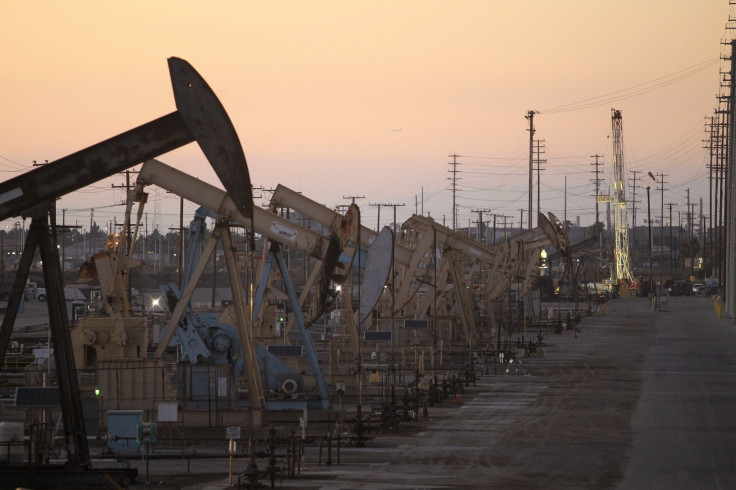Global Oil Demand And Supplies On The Rise, But Risks Remain 'Extraordinarily High,' IEA Says

Global economic growth will drive the world’s demand for oil next year, while accelerated production in the United States and Canada will help satiate that thirst, the International Energy Agency said Friday.
But the Paris-based energy watchdog cautioned against complacency, warning that geopolitical tensions in oil-producing nations and the unsteady economic recovery still pose acute risks to global oil markets, according to its monthly oil report.
“Supply risks in the Middle East and North Africa, not least in Iraq and Libya, remain extraordinarily high,” the IEA said, Reuters reported. “Oil prices remain historically high, and there is no sign of a turning of the tide just yet.”
The IEA forecast that growth in demand for oil will accelerate to 1.4 million barrels a day in 2015, up from 1.2 million barrels a day this year as macroeconomic conditions improve. However, the 2014 demand forecast is down slightly -- by about 130,000 barrels a day -- from the IEA’s prediction a month ago, due to weaker than expected global mid-year economic data.
"Newly industrialized and emerging market economies are once again forecast to lead the gains," the IEA said.
Oil supplies from non-Organization of Petroleum Exporting Countries will increase by around 1.2 million barrels a day next year, continuing the trend of rising North American production and eroding OPEC market share.
OPEC supplies remained flat in June at about 30 million barrels a day, as lower Iraqi production offset production gains in Saudi Arabia, Iran, Nigeria and Angola, the agency said.
Iraqi production dropped by 260,000 barrels a day last month to 3.17 million barrels after a Sunni Islamist insurgency unfolded in northwestern Iraq and forced the closure of Iraq’s largest refinery in Baiji while curtailing output from the giant Kirkuk field, the Wall Street Journal noted.
North Sea Brent oil futures surged in mid-June to a nine-month high of $115 a barrel as Sunni insurgents gained ground, but prices later dropped as analysts remained confident that Baghdad’s southern fields -- the country’s most productive -- would remain untouched by the violence. Improved prospects for Libyan crude exports after an agreement between the government and local militias to reopen export terminals also helped bring prices back down. Brent last traded at $108.20 a barrel, and the West Texas Intermediate index traded at $102 a barrel.
© Copyright IBTimes 2024. All rights reserved.




















